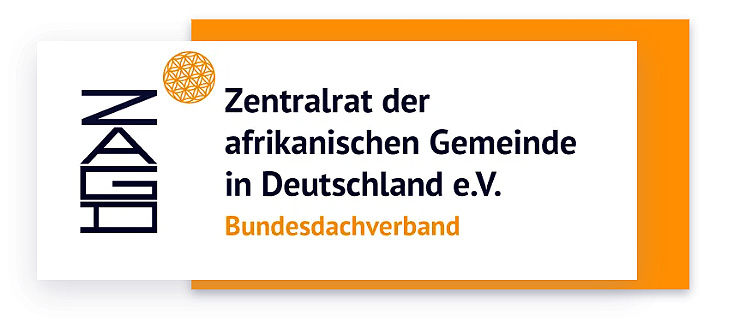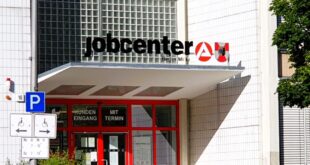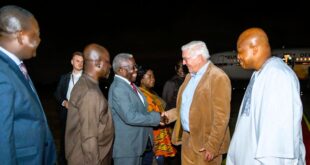For the first time, a government financed pilot project for the reappraisal of German colonial history has been launched in Berlin. The unique project will also produce a nationwide map of traces of the country’s colonial past.
Under the project, named Dekoloniale Erinnerungskultur in der Stadt (“Decolonial Memory Culture in the City”) which will run initially until the end of 2024, German and Berlin colonial and resistance history is to be remembered in various ways, said its coordinator Anna Yeboah at the project’s presentation on 18 August in Berlin.
At the same time, its after-effects to the present day were to be made visible up. Colonial history, she said, had been considered only in isolated instances and was “not sufficiently anchored in public consciousness”.
The project is supported by the Berlin’s Office of Cultural Administration (Berlin Senatskulturverwaltung) and the Cultural Foundation of the States (Kulturstiftung der Länder) with approximately 3.1 million euros.
Among other things, a public project room will be set up at Wilhelmstrasse 92 in Berlin. On 15 November 1884, the Berlin Africa Conference began there, in the Reich Chancellery. Under the chairmanship of Chancellor Otto von Bismarck, the African continent was divided among the European powers at the conference, which ended on 26 February 1885.
The historic site at the Wilhelmstrasse is now to become the starting point for decolonisation – even though the Reich Chancellery building itself is no longer standing.
The opening ceremony of the future information and memorial site of “Decolonial – Culture of Memory in the City” will therefore also take place symbolically on 15 November 2020 at Wilhelmstrasse 92.
READ ALSO Berlin confronts Germany’s colonial past with new initiative
The pilot project, which is unique in Germany, includes museum cooperation, exhibitions, an annual festival and artistic works.
The project also aims to advise museums throughout Germany on how to deal with objects from colonial contexts, said Tahir Della of the Initiative Schwarzer Menschen in Deutschland Bund e.V. (Initiative of Black People in Germany), which is a project partner.
Other partners are the Verein Berlin Postkolonial (Berlin Postcolonial Association) and Each One Teach One EOTO e.V., while other collaborating partners include the Stiftung Stadtmuseum Berlin and the Berliner Entwicklungspolitischer Ratschlag (BER).
As part of the project, a nationwide mapping of colonial traces on site (story mapping) is also to be created. To this end, historian Christian Kopp of Berlin Postkolonial announced that the project would cooperate with more than 30 other local initiatives throughout Germany.
The mapping would cover about 1,000 different locations, about one third of which will be in Berlin, one third in the rest of Germany and one third in former German colonies.
READ ALSO Berlin to rename Mohrenstrasse after African philosopher
Among other things, biographies of colonised people are to be documented and made visible, Kopp said. At least as many stories of colonised people as of the colonisers should be told.
The history of various objects should also be told; that is, how they came to Germany. The map should also document in which collections, depots or research institutes in Germany are human bones with a colonial context still stored.
The project also wants to include the period after 1919 in its exhibitions. “We want to show that even if Germany was only a colonial power for 35 years colonial history goes much further,” Kopp said, referring to Prussian involvement in the transatlantic slave trade and the history of colonial migrants in the two world wars and the post-war period.
Already on 24 August, the first art performance in the context of the “Decoloniale” project was held in partnership with the German Museum of Technology in Berlin with the theme “transatlantic enslavement trade”.
Femi Awoniyi
READ ALSO Berlin to make renaming of streets with colonial names easier
 THE AFRICAN COURIER. Reporting Africa and its Diaspora! The African Courier is an international magazine published in Germany to report on Africa and the Diaspora African experience. The first issue of the bimonthly magazine appeared on the newsstands on 15 February 1998. The African Courier is a communication forum for European-African political, economic and cultural exchanges, and a voice for Africa in Europe.
THE AFRICAN COURIER. Reporting Africa and its Diaspora! The African Courier is an international magazine published in Germany to report on Africa and the Diaspora African experience. The first issue of the bimonthly magazine appeared on the newsstands on 15 February 1998. The African Courier is a communication forum for European-African political, economic and cultural exchanges, and a voice for Africa in Europe.



































